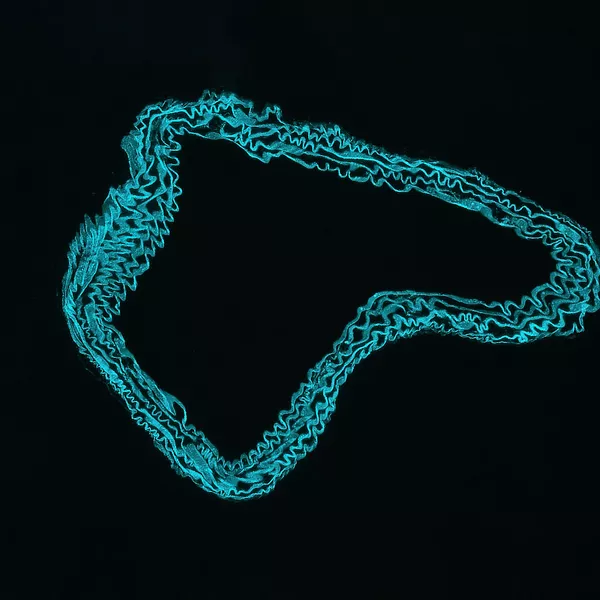
“But to develop new therapies, we first need greater understanding of the disease itself.”
Dr Kavurma’s project, entitled “Single cell transcriptome profiling of diabetic peripheral artery disease” will investigate how genes regulate cell-cell interactions to promote stable micro blood vessel networks. This multidisciplinary collaboration between Dr Kavurma, HRI’s vascular biologists, clinical, bioinformatics and genomics colleagues will potentially lead to the identification of “molecular signatures” of PAD, with and without diabetes, from molecule, to cell, to patient. This knowledge could ultimately speed up diagnoses, improve patient care and allow clinicians to tailor therapies.
The ACvA Research Catalyst Program was established in partnership with Bioplatforms Australia (BPA) to support cardiovascular researchers.

